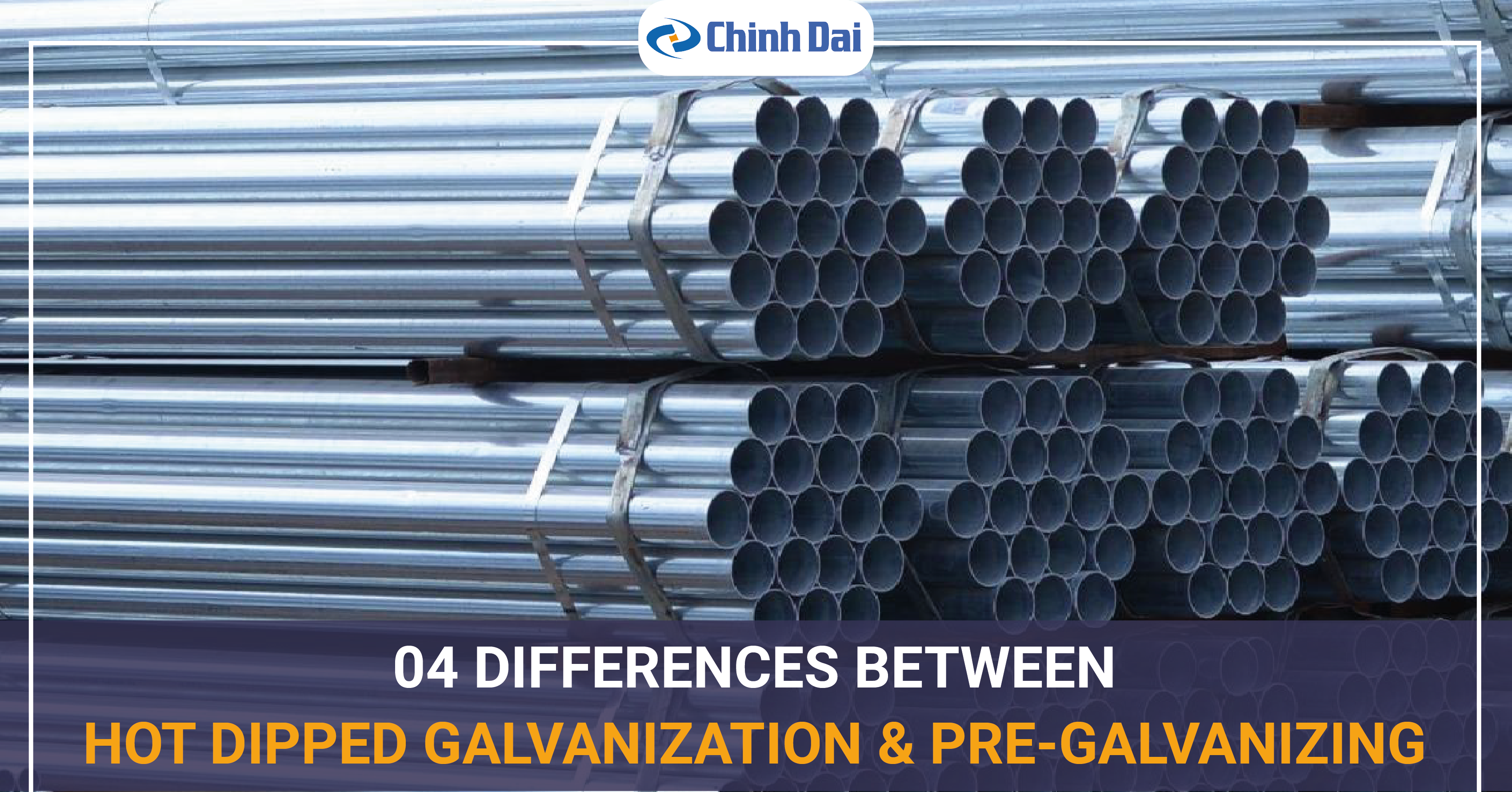
There is always a common misconception that any zinc coating can be termed as hot dipped galvanization but this is in fact not the case as pre-galvanizing is also a popular method to make galvanized steel. So what are the differences between them and which one possesses more advantages? Let’s find out below.
I. Definition
First of all, we need to know how to define the 02 most popular methods to make galvanized steel: hot-dip galvanization & pre-galvanizing.
1. What is hot dipped galvanization?
Hot dipped galvanization is a process where the metal is dipped into a molten pool of zinc. To make galvanized steel using this method, we need to follow 4 steps: clean the surface, fluxing, hot-dipping & cooling down.
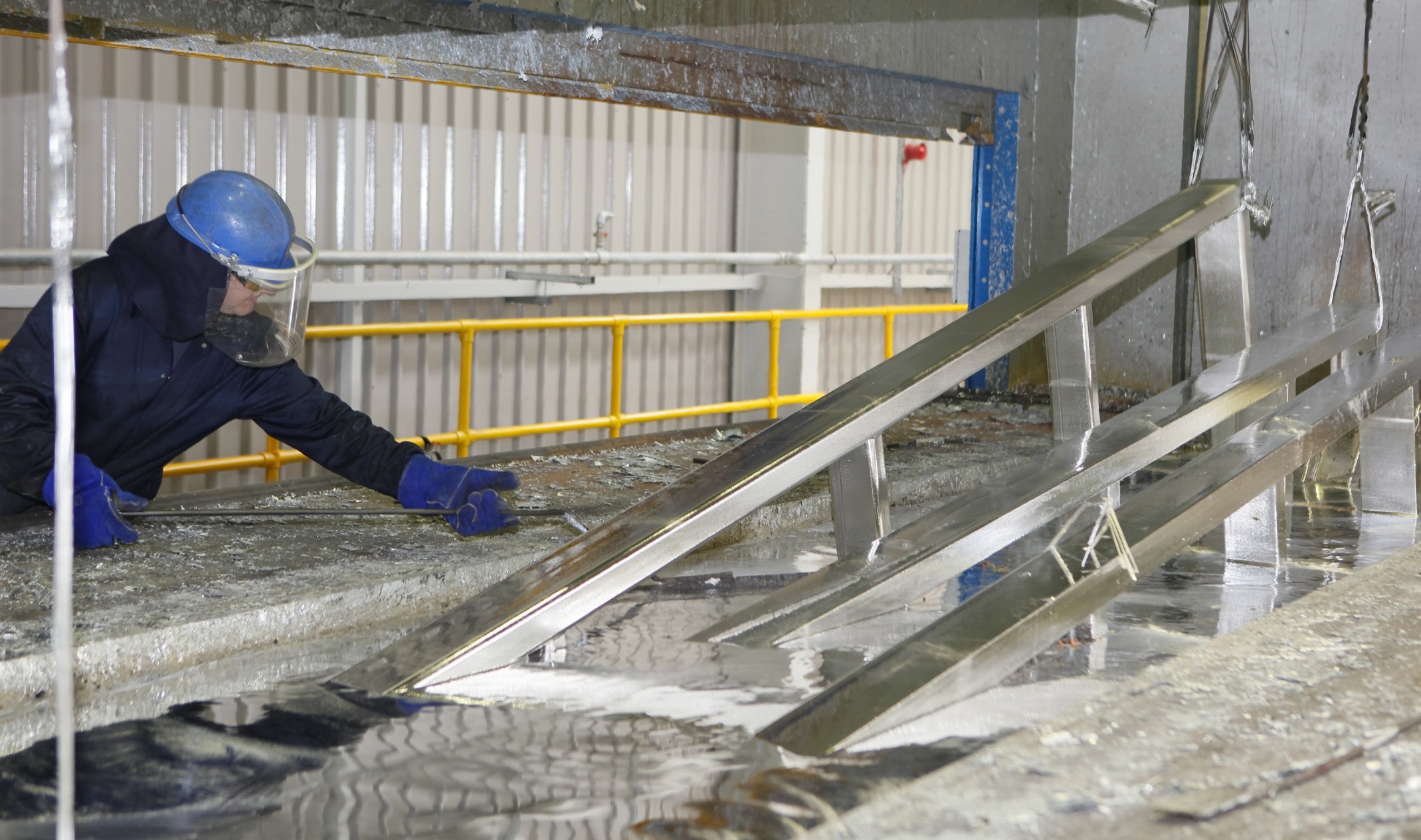
2. What is pre-galvanizing?
Pre-galvanizing is also known as the mill galvanizing. This process is very close to the hot dipped galvanization but performed at the very first stage of production. It always occurred at the steel mill on the materials that already have a specific shape or before being cut into sizes and processed.
Pre-galvanizing involves some steps of hot dipped galvanization such as cleaning the surface, dipping into a hot zinc liquid bath combining with the recoiling process.
II. Differences between hot dipped galvanization & pre-galvanizing
1. Application comparison
Hot dipped galvanization is an economical choice if you are finding a solution that can be executed on both simple and complex shapes. It is often used on objects that have been fabricated beforehand but yet to be galvanized and the hot-dipped galvanization plays as the last step.
Meanwhile, pre-galvanizing, as its name implies, is performed at the first stage of production. Hence, it mainly occurred at the mills, and the results of the process will be cut into size and fabricated later.
2. Coating comparison
As making a protective coating for the steel and metals in the main object of the galvanizing process, we can not miss out on comparing the coating finish of the 02 methods to make galvanized steel.
a. Coating thickness
Both methods result in a uniform thickness for the coating. However, the hot-dipped galvanization produces a thicker layer of protection than the pre-galvanization does. The minimum average thickness of hot-dip galvanized steel is of 45-85μm while it is between 20 and 30 μm for the pre-galvanized products’. \ \
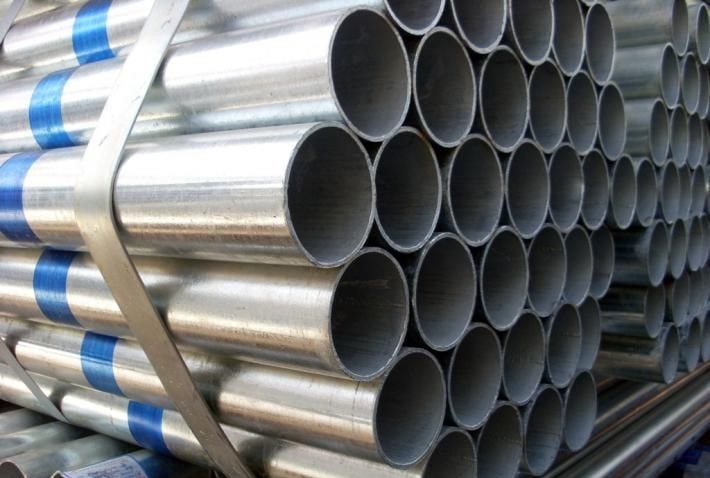
b. Coating continually
As hot dipped galvanization requires dipping the whole steel/metals into the molten vat of zinc, the galvanized steel coming out from this process has a continuous coating over the surface. Pre-galvanizing is performed at the first stage before the sheets are cut into sizes and pieces so the cut edges are not coated.
c. Coating bond
The first steps of these 02 processes of making galvanized steel are both cleaning the surface, either mechanically, chemically, or both. Hence, the bond between the base metal (steel) and the protective coating is metallurgical and strong.
d. Coating formability
Coating formability for these 02 processes is totally different. As pre-galvanizing is performed at the mills, any coating applied on its results can be done without damaging the layer. However, coating formability applied on hot-dip galvanized steel is not advised as it may damage the protective coating of the products.
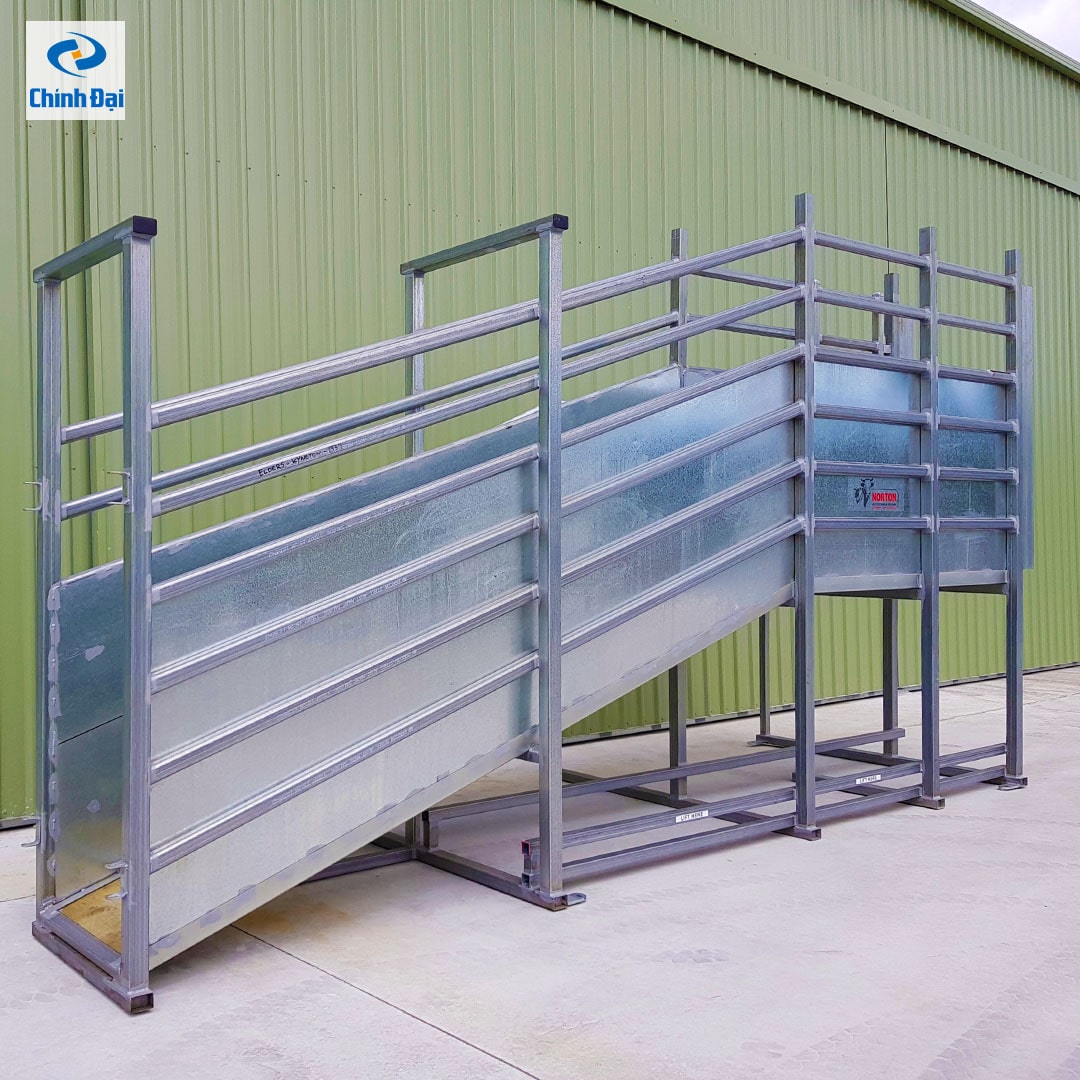
e. Coating appearance
The hot dipped galvanization forms a typically bright finish for the galvanized steel, though it can be also variable. As for the pre-galvanizing process, it produces a uniform bright finish for the coating.
3. Abrasion resistance comparison
After the hot-dip galvanizing process, there are 03 alloy layers end up being produced on the base metal. These layers are metallurgically bonded to the steel and become an integral part of the steel itself, which forms a perfect protective coating.
The pre-galvanizing process produces galvanized steel with thinner coating, which makes it a bit prone to corrosion.
4. Sacrificial protection
The hot-dip galvanizing process protects steel in three main ways, but perhaps the most notable way is by acting as a sacrificial coating for the steel. The zinc in the protective coating plays as an anode for the steel. After experiencing hot-dip galvanization, the protection ability is enhanced as the zinc now becomes an integral part of the steel.
Meanwhile, as the pre-galvanized products have thin coatings and will be cut later to sizes and shapes, the sacrificial protection can be as good as hot-dip galvanized steel.
| Feature | Hot dipped galvanization | Pre-galvanizing |
|---|---|---|
| Coating thickness | Thick coating with minimum average requirements of 45-85μm within BS EN ISO 1461 | The coating thickness may vary but is typically circa 20μm for sheets and 20-30μm for tubes and wires |
| Coating continually | Continuous coating over the whole object | Uncoated area at cut edges |
| Coating bond | Strong metallurgical bond with the base steel | Strong metallurgical bond with the base steel |
| Coating formability | Forming after hot dipped galvanizing is not advised as it may damage the coating | Thin coating may be normally formed without any damange |
| Coating apprearance | Typically bright but can be variable | Normally archieve an uniform bright |
| Abrasion resistance | Thicker layer of hard zinc-iron alloy gives a high resistance to abrasion | Thin alloy layer with reduced resistance to abrasion |
| Sacrificial protection | Offer the highest level of sacrificial protection | Reduced sacrificial protection due to thin layer coating and at some uncoated areas (cut edges) |
Chinh Dai Steel – the reputed manufacturer of galvanized steel
Experiencing over 20 years of development in international markets and currently possess 03 factories with a production capacity of over 600,000 tons annually, Chinh Dai Steel produces and supplies galvanized steel products that tick all these boxes.
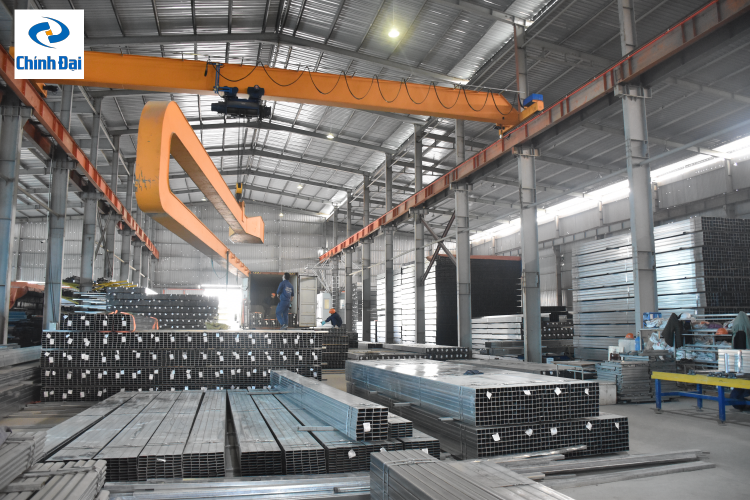
The galvanized steel products of Chinh Dai Steel (such as galvanized rolled steel coils, pipes, purlins and other fabricated products) are made from high-quality imported materials with the zinc coating from Z120 – Z275. Our products also meet international standards such as ASTM (A500, A53 & A513) AS / NZ 1163, JIS G3444, and EN 10219. You can easily check the origins of every product on its own labels with QR codes.
Final words
There are several differences between hot-dipped galvanization and pre-galvanizing processes. Knowing these differences will allow us to choose the best suitable method & products for your projects. Of all, it is always necessary to pick out the best galvanized steel products among various choices on the market.
